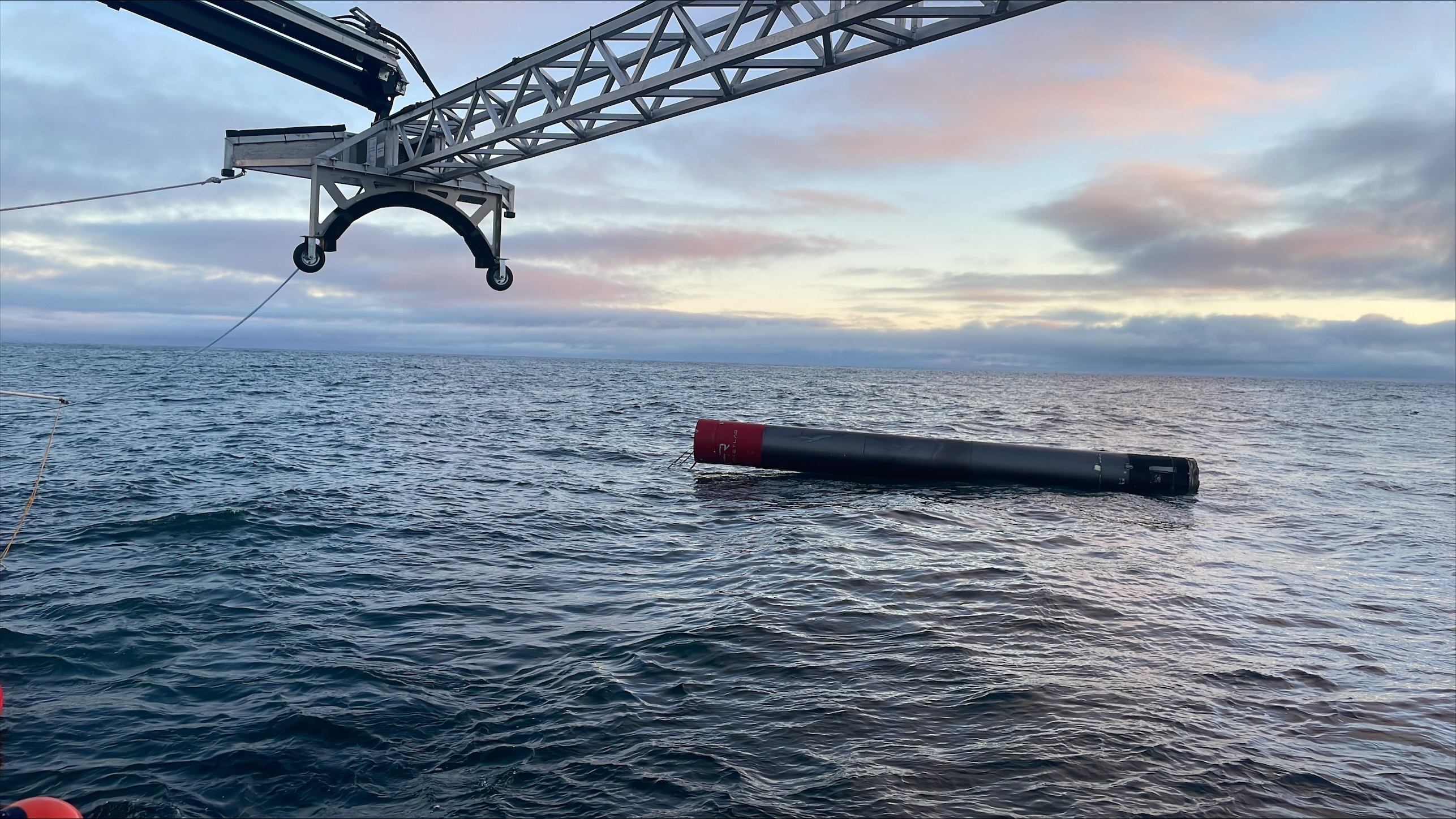Rocket Lab gearing up to refly Electron booster for 1st time
"This is the exciting final piece of the puzzle before Electron goes reusable."

Rocket Lab is taking a big step toward its first-ever rocket reflight.
On Jan. 31, one of the company's Electron rockets launched four private satellites to Earth orbit. The vehicle's first stage then came back down for a soft ocean splashdown, and Rocket Lab fished it out of the sea and hauled it back to shore for inspection and analysis.
The company has recovered boosters in this manner multiple times in the past, gathering information about how to make Electron first stages reusable. But this particular booster will break new ground: Rocket Lab is returning it to the production line for final testing ahead of a potential reflight.
Related: Facts and information about Rocket Lab
"Through an iterative development process, we have methodically perfected each step of Electron recovery while simultaneously continuing to increase our Electron production capacity and launch cadence. This is the exciting final piece of the puzzle before Electron goes reusable," Peter Beck, Rocket Lab's founder and CEO, said in a statement last week.
"Our key priority in pushing this stage back into the standard production flow for the first time is to ensure our systems and qualification processes are fit for accepting pre-flown boosters at scale," Beck added. "If this stage successfully passes and is accepted for flight, we’ll consider opportunities for reflying it in the new year."
This booster has already passed more tests than any other recovered Electron first stage to date, according to Rocket Lab, including a pressurization test, helium leak check and carbon fiber structural testing. In this upcoming final phase, the booster will be put through the same rigorous trials as a brand-new Electron tank to make sure it has the green light for reflight.
Breaking space news, the latest updates on rocket launches, skywatching events and more!
Rocket Lab has been working on making Electron first stages reusable for several years now. Over that time, the company has made a number of modifications and advances in that direction, including (according to last week's statement):
- "Ensuring Electron’s carbon composite structure survives the intense heat and forces of atmospheric reentry through innovative coatings, heat shields, and advanced reaction control systems to control the angle of reentry."
- Refining the parachute system to ensure reliable deployment and smooth deceleration from more than 2,300 meters per second to 10 meters per second."
- Honing the telemetry and tracking systems so the marine recovery team can locate the stage as soon as it splashes down."
- Streamlining the process of collecting the stage from the water in less than an hour, then ensuring safe transit back to the Rocket Lab production complex."
- Successful launch of a previously flown Rutherford engine."
If Rocket Lab's efforts are successful, the 59-foot-tall (18 meters) Electron will become the first small orbital launch vehicle ever to sport a reusable first stage.
SpaceX's Falcon 9 and Falcon Heavy rockets famously have reusable boosters, but both of those launch vehicles are much larger than Electron, which was designed to give small satellites dedicated rides to orbit.

Meredith is a regional Murrow award-winning Certified Broadcast Meteorologist and science/space correspondent. She most recently was a Freelance Meteorologist for NY 1 in New York City & the 19 First Alert Weather Team in Cleveland. A self-described "Rocket Girl," Meredith's personal and professional work has drawn recognition over the last decade, including the inaugural Valparaiso University Alumni Association First Decade Achievement Award, two special reports in News 12's Climate Special "Saving Our Shores" that won a Regional Edward R. Murrow Award, multiple Fair Media Council Folio & Press Club of Long Island awards for meteorology & reporting, and a Long Island Business News & NYC TV Week "40 Under 40" Award.
